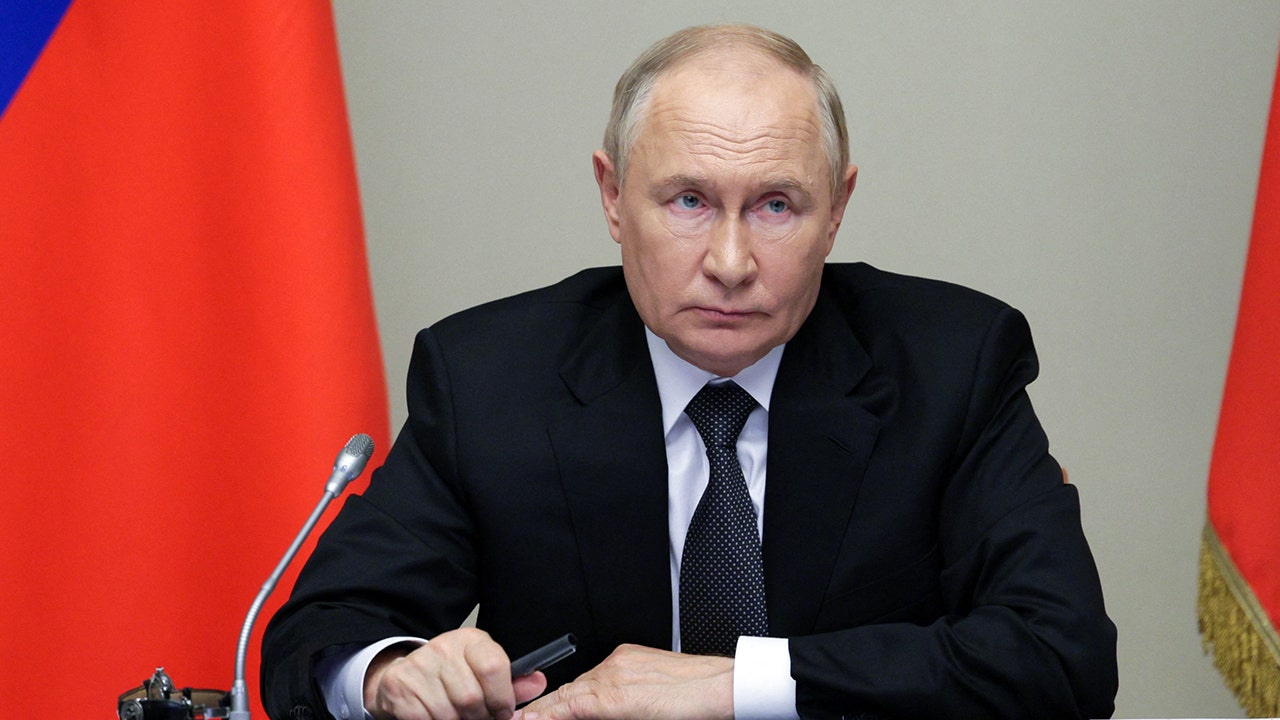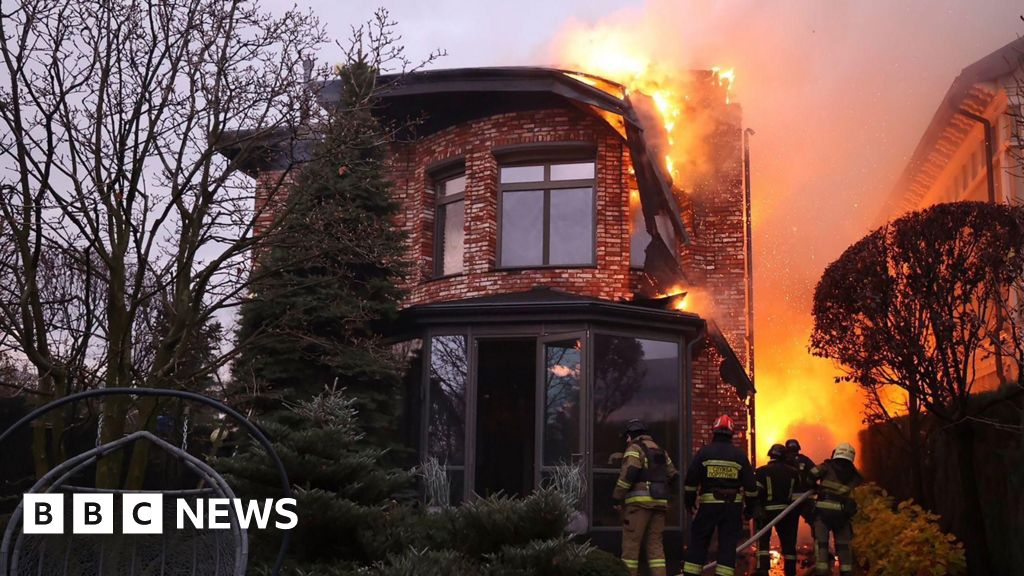World
US, China defence chiefs hold rare talks on Taiwan, South China Sea

Singapore meeting between Lloyd Austin, Dong Jun marks first substantive face-to-face talks between the two nations in 18 months.
The defence chiefs of the United States and China have held rare direct talks in Singapore, offering hope that further military dialogue could help prevent disputes over Taiwan and the South China Sea from spinning out of control.
Lloyd Austin and Dong Jun met early on Friday on the sidelines of the Shangri-La Dialogue to hold their first substantive face-to-face discussion in 18 months.
They began the talks at the luxury hotel hosting the security forum, according to officials. The meeting followed a video conference call in April.
Defence chiefs and officials from around the world are attending the annual forum that has in recent years become a barometer of US-China relations.
This year’s edition comes a week after China held military drills around Taiwan and warned of war over the US-backed island following the inauguration of President William Lai Ching-te, who Beijing has described as a “dangerous separatist”.
The dispute over democratic Taiwan, which Beijing considers part of its territory, tops the list of disagreements between the rivals.
Beijing is furious over Washington’s deepening defence ties in the Asia Pacific, particularly with the Philippines, and its regular deployment of warships and fighter jets in the Taiwan Strait and South China Sea.
In recent weeks, the Philippines hosted the largest ever joint military exercise with the US. On Thursday, China’s defence ministry strongly condemned the deployment of a US intermediate-range missile system in the northern Philippines during military drills in April, saying it “brought huge risks of war into the region”.
China views the activities as part of a decades-long US effort to contain it.
Easing friction
President Joe Biden’s administration and China have been stepping up communication to ease friction between the nuclear-armed rivals, with Secretary of State Antony Blinken visiting Beijing and Shanghai last month.
A key focus has been the resumption of military-to-military dialogue.
China scrapped military communications with the United States in 2022 in response to then-US House Speaker Nancy Pelosi’s visit to Taiwan.
Tensions between Washington and Beijing were stoked further during 2023 by issues including an alleged Chinese spy balloon that was shot down over US airspace, a meeting between Taiwan’s then-president Tsai Ing-wen and Pelosi’s successor Kevin McCarthy, and American military aid for Taipei.
The two sides agreed after a summit between Chinese leader Xi Jinping and Biden in November last year to restart high-level military talks.
That includes a communications channel between the US Asia Pacific command chief and Chinese commanders responsible for military operations near Taiwan, Japan and in the South China Sea.
Chinese and US forces have had a series of close encounters in the disputed waterway that China claims almost entirely.
Austin warned prior to Biden and Xi agreeing to resume military-to-military dialogue that accidents have the potential to spiral out of control, especially in the absence of open lines of communication between American and Chinese forces.
In a post on X early on Friday announcing his arrival in Singapore, Austin said he would meet with regional counterparts and continue his department’s work with “like-minded Indo-Pacific partners to promote our shared vision for a free and open region”.








